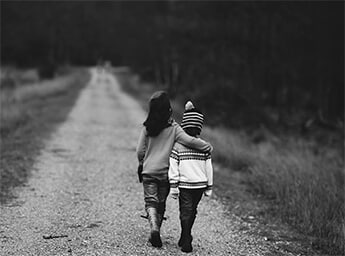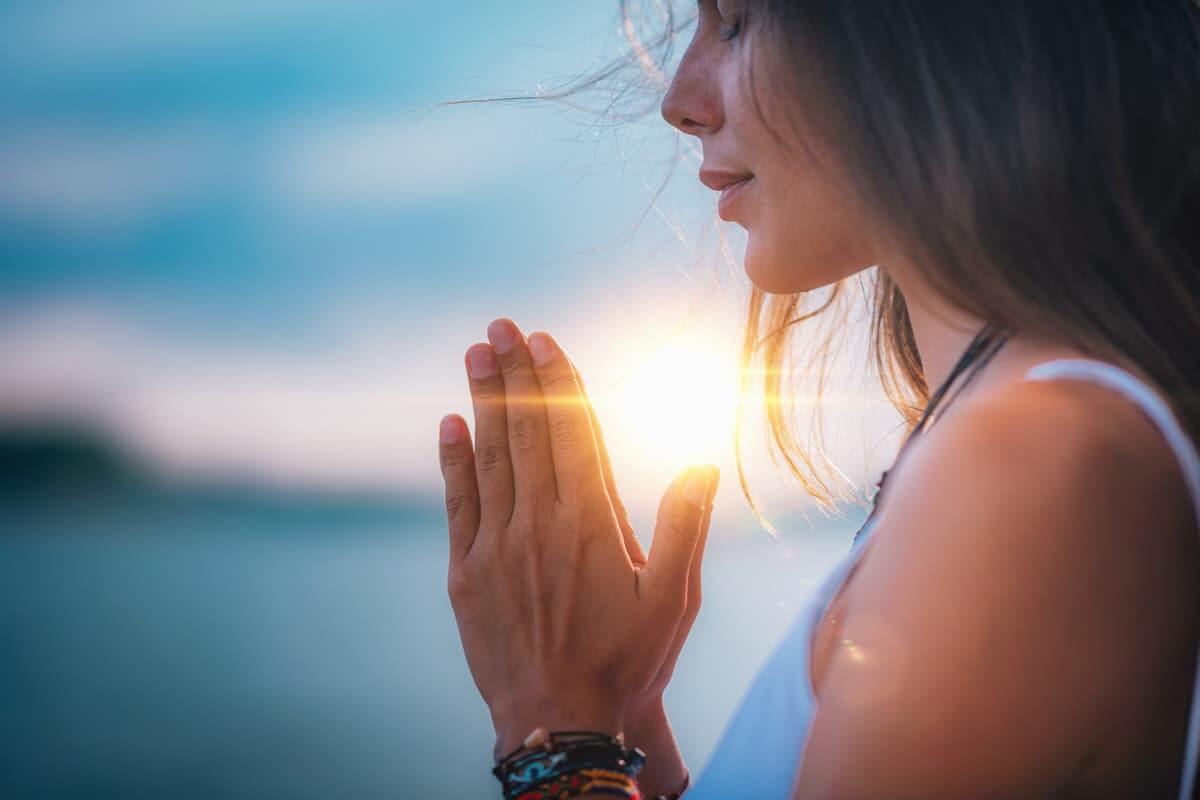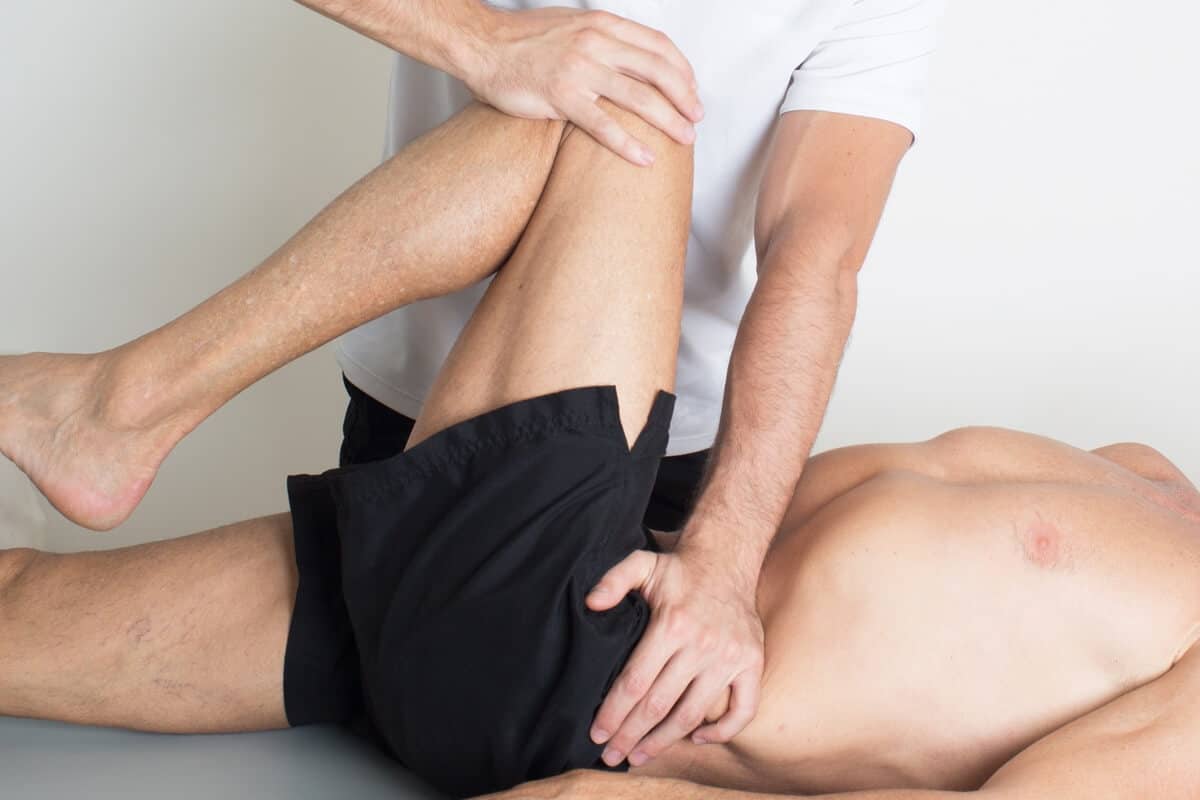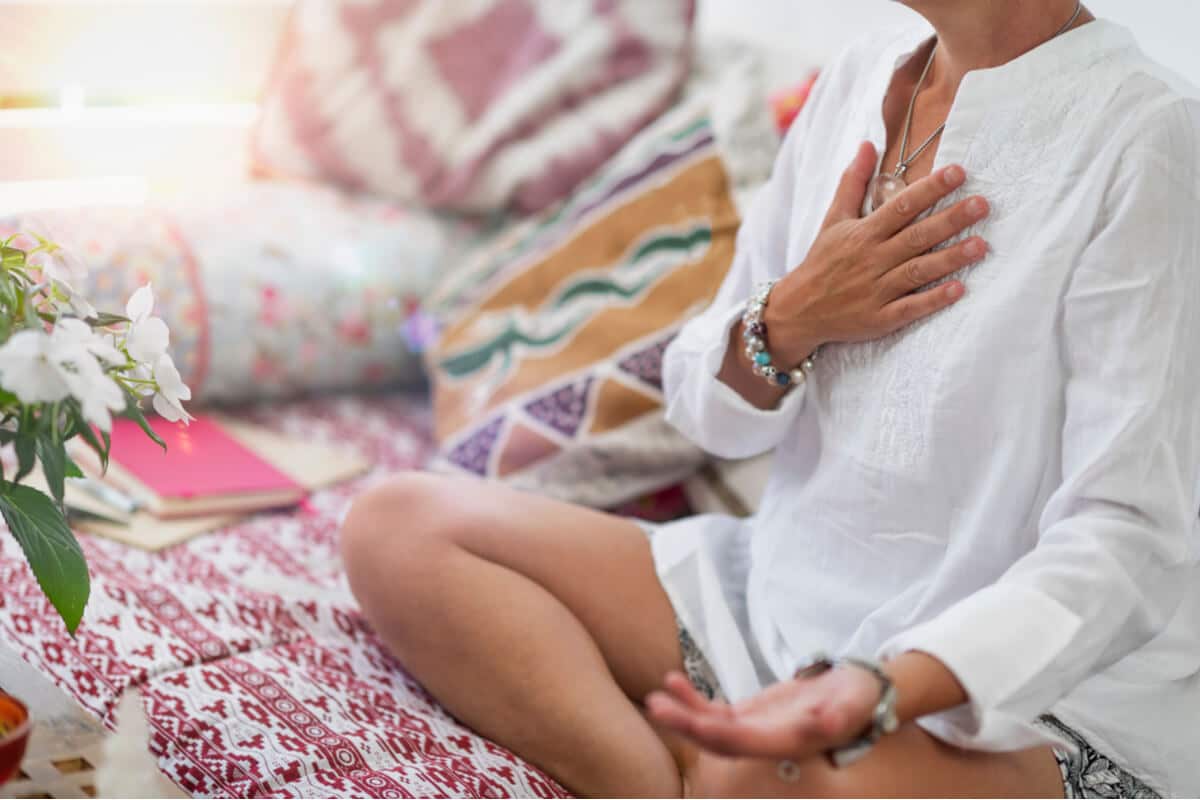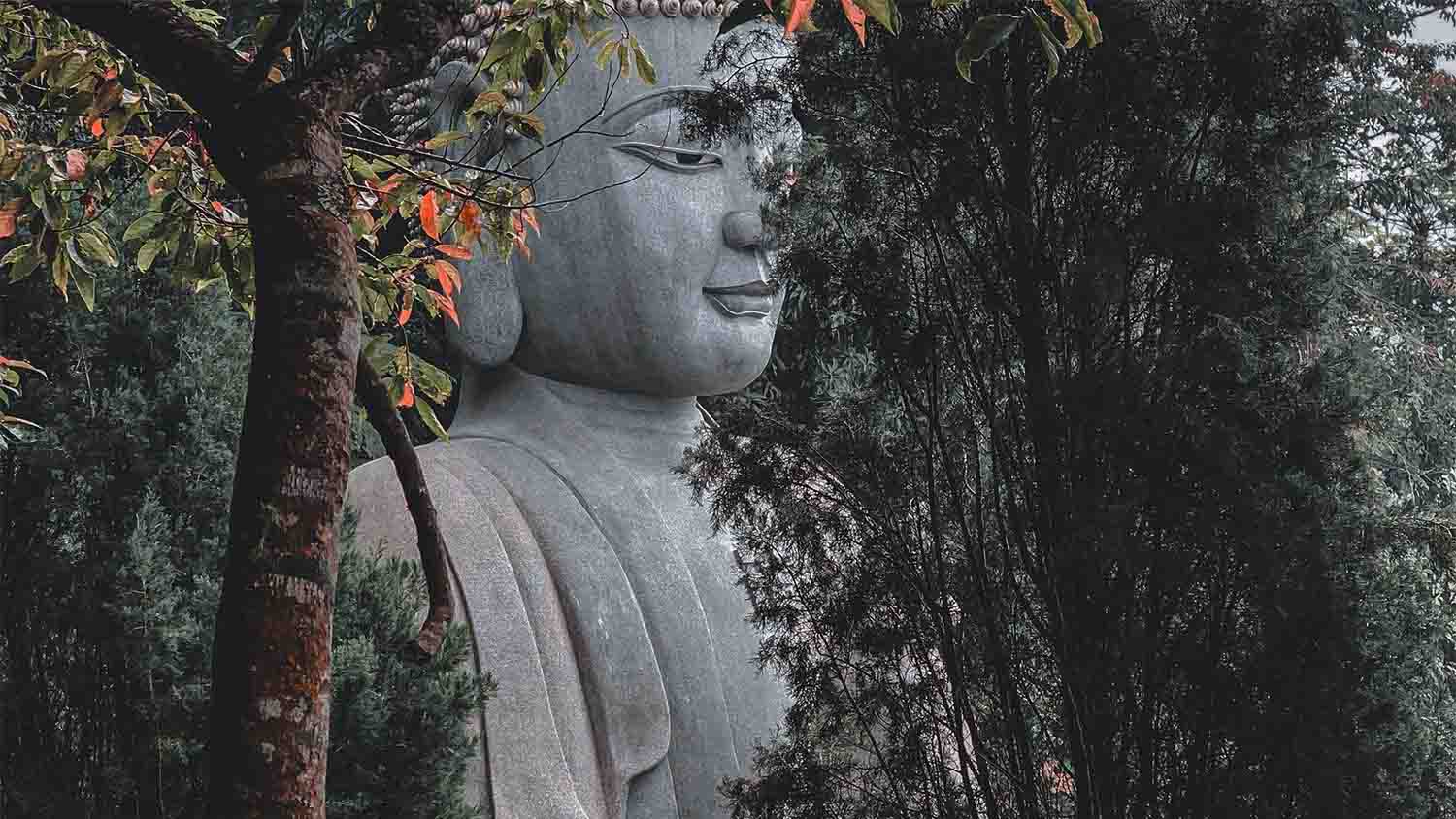Reading time: 6 Minutes
Using a traumatizing event as a life defining event can make you more resilient.
I write you from the sixth week of social distancing in New York. I have not left Manhattan since March 22, except to go for a run with a friend yesterday in the Rockefeller State Park Preserve. Cool spring air. Golden-green landscaped meadows. Comfortable gravel paths. Fairly few visitors. Birds. We ran together and forgot our government loan troubles for a time.
Alone Together
What’s strange about the historically awful Coronavirus Affair — in which the entire world finds itself — is the extent to which I feel alone—even with my most intimate friends. And this is not because these friends and relations are not caring people. I could not hope for better, more thoughtful friends and companions. Rather, I am mostly an introvert. So, as the world moves increasingly into uncertainty, my inner world has to work overtime to process the unfolding events. And this processing creates a kind of distance, a kind of preoccupation. And whatever my internal mechanisms must do to work out what a post-COVID world might look like, (whatever and whenever that might be), this thought takes a lot of energy, which explains why I seem to feel exceedingly tired these days—even though I exercise regularly, though less than usual, as I have no access to a gym.
I’m better off than some people and worse off than others. But I don’t find such comparisons either honest or helpful. Though I do stop from time to time to think of what I’m grateful for: my friends, my awareness of Dharma, and, certainly, my health.
I Like to Be Busy
Of course, I don’t prefer the present situation to our previous one. I like to work. I like to be busy making progress toward completing the humble temple a small group of us is building in North Carolina. I’m tired of the ridiculous articles about gardening and going to museums online—as if to do either of these activities without one’s entire body is the same as to do them only with one’s eyes — and a screen. And I’m troubled by the stupid acceptance of digital culture and media as a replacement for embodied life that seems to be taking hold of our imaginations—as if to meet with someone via FaceTime or Zoom were ever a stand in for time shared sitting together, feeling the same wind, smelling the same sweet olive trees, sharing the same bitter gusts of cold off the Hudson, the same sad cloud, and the thousand other subtle unconscious influences that work on the body-mind when we sit together as bodies outside.
I know that some of you are gardening. Or taking classes. And I hope that others of you are hiking and cooking nice meals together or using your lockdown time with your family to get to know each other as you might not have before.
But I also know that many of you are probably struggling with wondering how to make ends meet—or whether or not you’ll be able to make ends meet if the current situation goes on too long, and how you can’t really talk about this with people, because no one wants to hear it—because what can be done about it, after all; and I know that others of you are struggling with deaths of loved ones, and others with managing your children’s days and trying to fathom what kind of impact social isolation is going to have on your children, socially, psychologically, and economically.
And I know there is a lot of information out there, and it’s pouring into your digital inbox by the hour and that each of you will find the information you need—or not—and some of that information will be better than others. And certainly, some people will come out of this situation relatively better than others—some with government relief, and others not. And some of you might even feel betrayed or inspired by your government, your friends, your city, your neighbors, your spouses, or your colleagues for how they’re handling COVID.
None of this is surprising. We all know it. We may want others to come out of this better than it looks like they are going to. And we may be envious and angry at others who seem not to be too phased by what’s happening while our lives are falling apart—or we may feel guilty for not having it so bad while friends, loved ones, or co-workers are struggling with issues we can only superficially, but not really, help or genuinely understand.
So, a sense of powerlessness and perhaps frustration pervades the scene overall. And to be sure, whatever each of us may imagine, whether we’re aware of it or not, we’re likely functioning in a state of trauma, or perhaps with a sense of isolation, and shock.
Responses to Trauma
According to a study done on the effects of victimization, people in response to a traumatizing event such as cancer, accidents, or imprisonment in war display one of three behaviors:
- They are permanently dispirited
- They get life back to normal
- They use the experience as the defining event in their life to make them stronger
In response to COVID and all that’s going on right now, each of us has a choice about how to respond. I don’t say that one response is better than another, because each of us has our own karma, circumstances, causation, and capacity. But we do have a choice.
I have decided to choose option number three. And having chosen this option I came across The Stockdale Paradox – a term coined by author Jim Collins at Stanford’s Business school who wrote, Good to Great, where he presents the paradox, which I’ll quote from Wikipedia, at length:
The Stockdale Paradox
In a business book by James C. Collins called Good to Great, Collins writes about a conversation he had with Stockdale regarding his coping strategy during his period in the Vietnamese POW camp.
“I never lost faith in the end of the story, I never doubted not only that I would get out, but also that I would prevail in the end and turn the experience into the defining event of my life, which, in retrospect, I would not trade.”
When Collins asked who didn’t make it out of Vietnam, Stockdale replied:
“Oh, that’s easy, the optimists. Oh, they were the ones who said, ‘We’re going to be out by Christmas.’ And Christmas would come, and Christmas would go. Then they’d say, ‘We’re going to be out by Easter.’ And Easter would come, and Easter would go. And then Thanksgiving, and then it would be Christmas again. And they died of a broken heart.”
Stockdale then added:
“This is a very important lesson. You must never confuse faith that you will prevail in the end—which you can never afford to lose—with the discipline to confront the most brutal facts of your current reality, whatever they might be.”
Witnessing this philosophy of duality, Collins went on to describe it as the Stockdale Paradox.
Spiritual Will and Reality
What this paradox tells us is that we ought to have a clear idea of how we want our story to end—and that we ought to know with certainty that the story will end how we want it to. This is a function of spiritual will.
But the story also tells us that we ought to stay deeply grounded in the physical reality of our situation—without, however, becoming overwhelmed or despondent in the face of seemingly insurmountable evidence that supports our seemingly likely failure.
Faith is Not Optimism
Interestingly, faith was not confused with optimism by those who survived.
Therefore, if you can, I urge you to think deeply and positively about where you would like you and your loved ones to end up in the post-COVID world and work energetically to help make that happen.
I have decided to stay the course and continue to complete my temple, despite being recently informed of a costly mudslide which, in combination with an all-but-devastating hit to business with no signs of government aid on the horizon (since the funds ran out and subsequent applications—replete with perfect paperwork and documentation—are being denied without explanation and no one to call.)
For some of you the situation is better, and for others I know it’s worse. But it’s best not to compare. Rather—chose who you would like to be — right now and post-COVID — and start to take serious, energetic, creative action toward realizing that self.
Such a creative, optimistic response, is what we can rightly call meditation. And to this end, I hope that more of you will take advantage of our meditation class in which we will practice meditation, and study how to make the most of our bodies and minds—creatively and powerfully working through any traces of nihilism, despondency, and negative thought.
Let’s not only keep our own spirits thriving, but make ambitious vows for a better, more courageous and creative approach to life, utilizing the pandemic to make the world a richer, more enjoyable and ennobling place for our children and their children to come.

